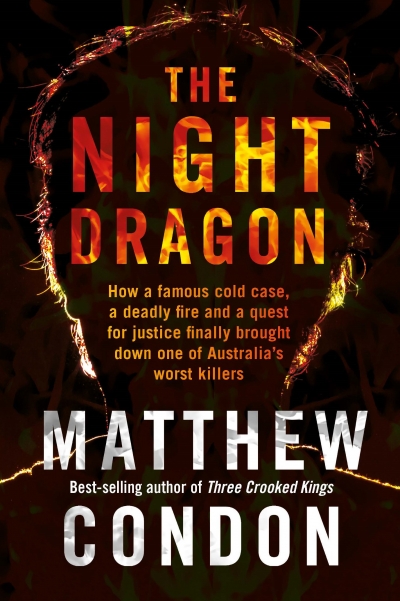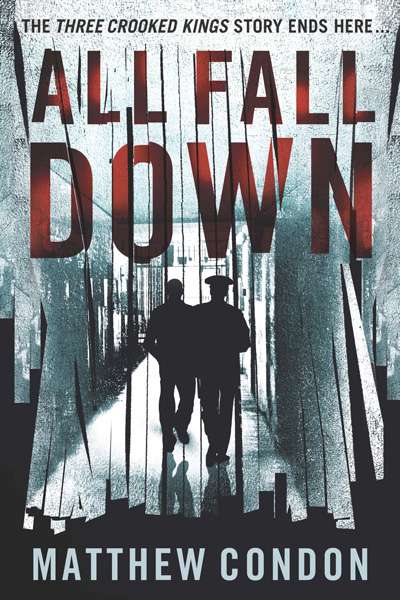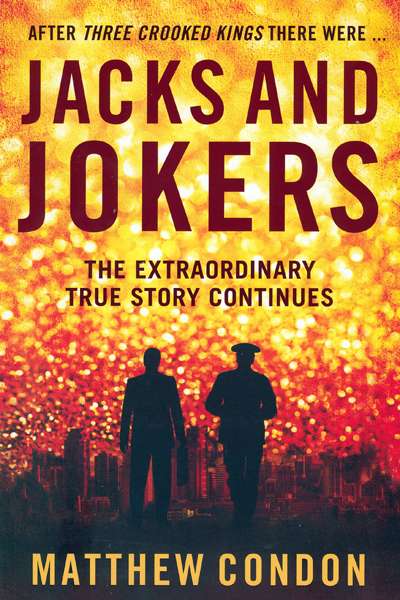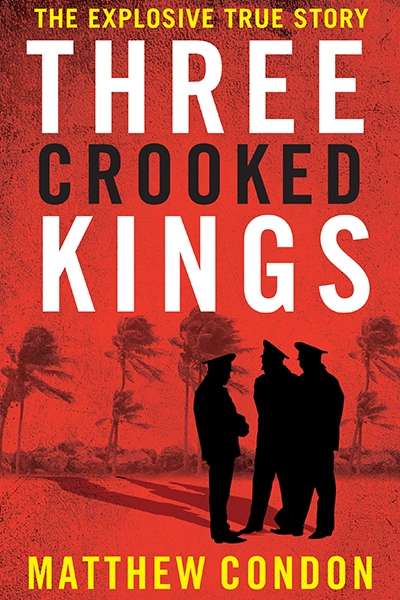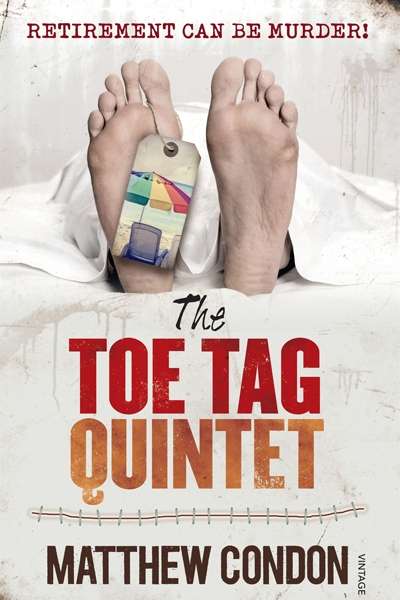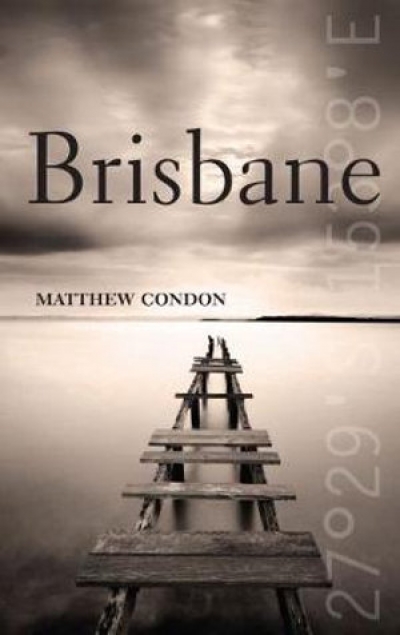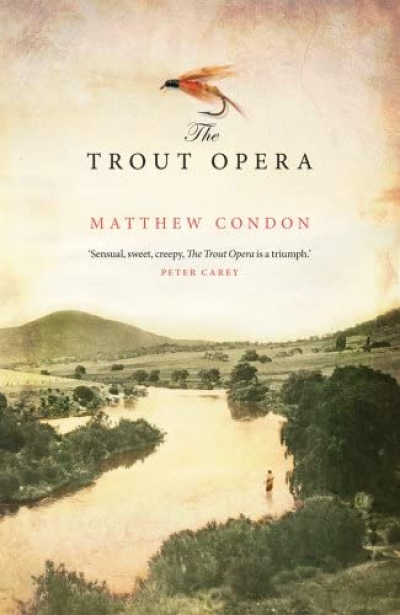Matthew Condon
Books of the Year is always one our most popular features. Find out what our 41 contributors liked most this year – and why.
... (read more)My middle-aged dreams are somehow linked to the assorted day-to-day anxieties that come with the territory. When I was young, I had a recurring dream in which a man dressed in black and wearing a fedora stepped out of the cupboard at the end of the bed and stood over me. Years later a psychic told me it was my grandfather, signwriter and poet George Baker, who died when I was eight months old.
... (read more)The Toe Tag Quintet: Five Novellas of Murder and Mayhem by Matthew Condon
John Docker
Mark Davis’ Voltairean Gangland is one of those rare books that prise open a space for revaluation of the direction of a culture. Like The Dunciad’s evocation of the Grub Street hacks of its time, Gangland exposes tentacular networks of chummy patronage, mutual puffery, and cultural power. Gangland is especially enjoyable on the clown-like behaviour of the ex-Scripsi diaspora – in a curious sexual division of labour, a B-team of male critics, captained by the felicitously named P. Craven, has successfully promoted a coterie of writers like Jolley, Garner, and Modjeska. Compared to those I analyse in Australian Cultural Elites (1974) and In A Critical Condition (1984), this new élite is the most intellectually thin in Australian cultural history. Assisted by a passive, grovelling middle-class readership, it both creates such writers as canonical and then tries desperately to shield their texts from critique and challenge.
... (read more)
